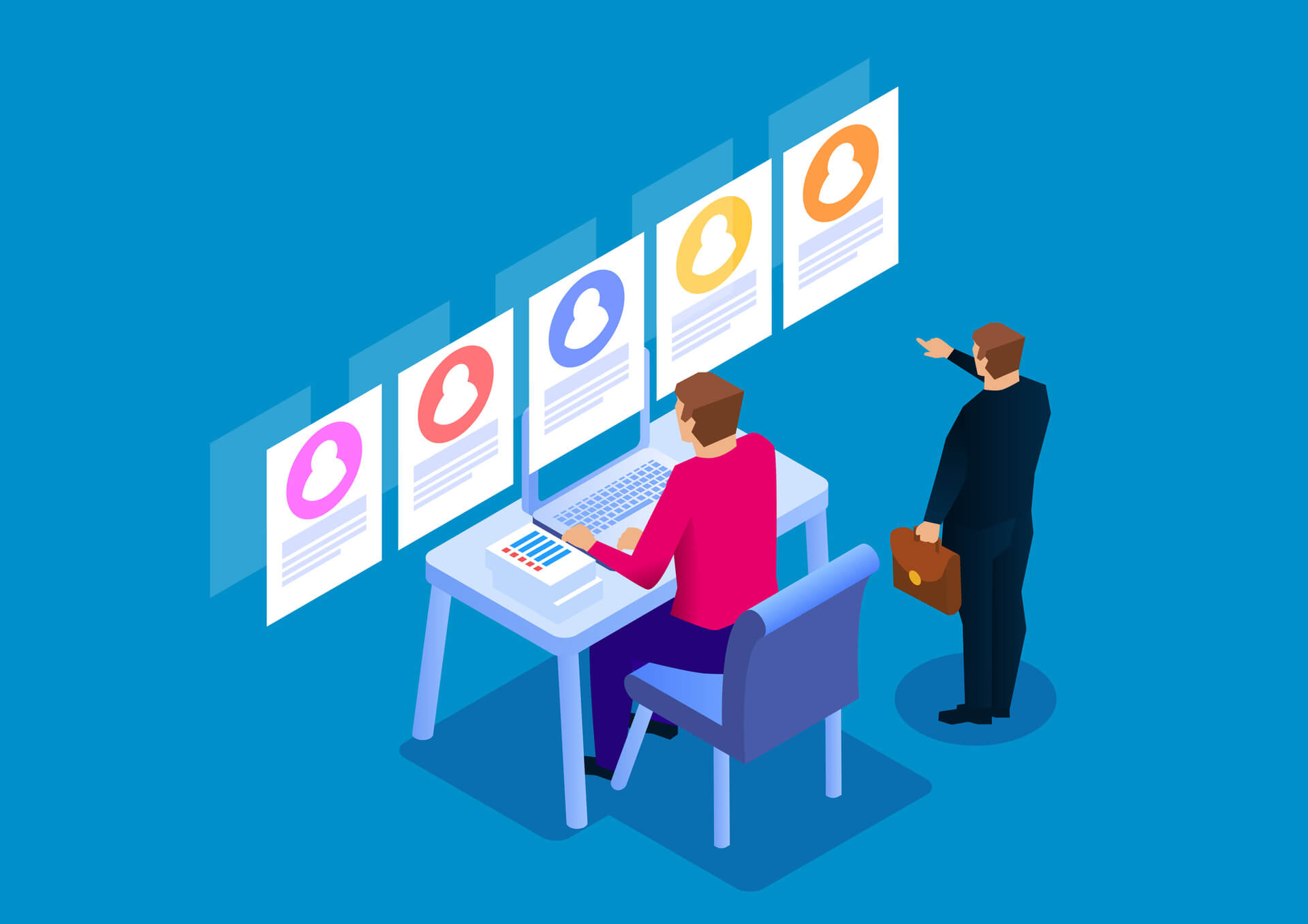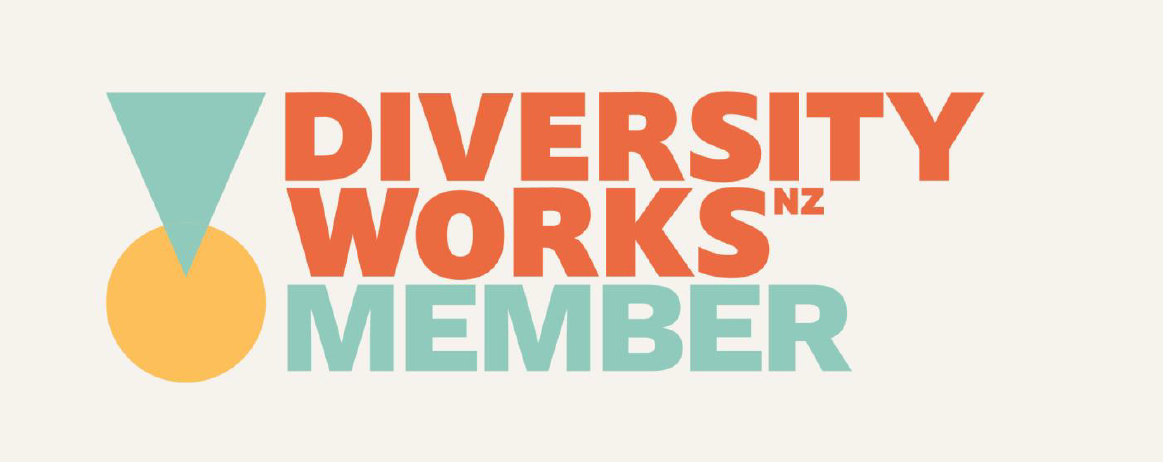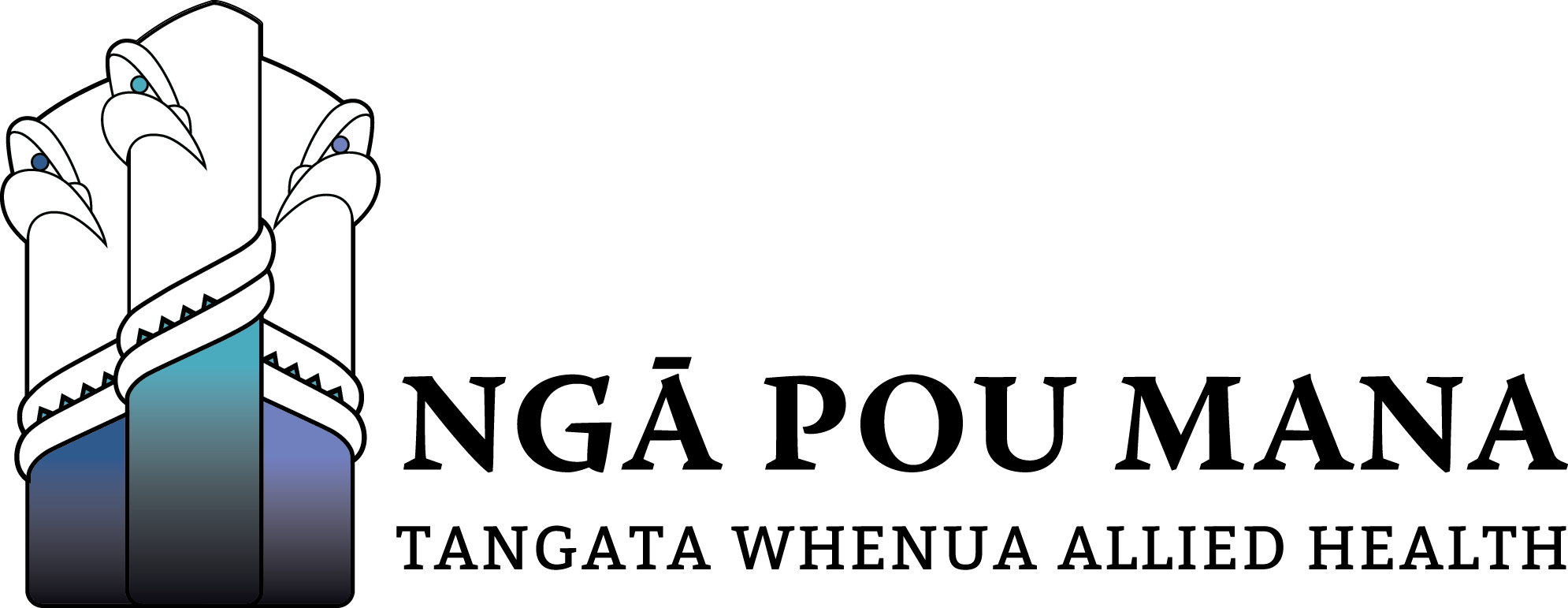Being a job seeker and a new employee can feel a bit like a rollercoaster sometimes – there are lots of highs and lows.
You’ve navigated the job search, attended the interview and been offered that life-changing job. Congratulations!
Now the day has come; day one of your new job.
Most people feel a sense of nervous excitement on their first day. Some people feel overwhelmed or stressed. However you feel, this article will give you some guidance on how to handle the early days in your new job.
Introduce yourself
Taking the time to say hello to everyone and introducing yourself is super important. It pays to find the people you want to meet and make it your business to meet them. This is not the time to be shy!
Build positive relationships
Most people spend one-third of their adult life at work. Having positive relationships with your teammates will not only make work enjoyable, it will build trust and create better work outcomes. If you’re invited for lunch or coffee, try to say yes.
Discuss and agree expectations
Understanding what your job is and what your new employer expects from you is very important in those early days.
Make sure you and your manager are on the ‘same page’ about responsibilities and expectations so you’re setting yourself up for success from day one.
Find a buddy
Some organisations match all new starters with a ‘buddy’ to help in those early days and weeks.
If your employer doesn’t have a buddy system, try to befriend someone who’s been at the workplace for a while, someone who can help you understand ‘who’s who’ and show you where to find things.
Ask lots of questions
This is something great employees do well. Asking questions is how you learn and grow in your job.
Asking questions with a positive attitude in week one has an added benefit - the more questions you ask, the more people you’ll get to know. In those first weeks, everyone will want to help you.
Pay attention
During those early days, it’s important to notice things about your teammates - their routines, how they take their tea/coffee, how they like to work.
Being mindful of others in your team will help to build positive, productive working relationships.
Ask for feedback
In a new job, there are bound to be lots of opportunities to learn and grow.
Ask your manager (and teammates) for feedback often in those early days so you know how you’re going and can feel good about any positive feedback.
Know your rights and responsibilities
It’s important to make sure you’re aware of your rights and responsibilities as an employee. This starts with your employment contract. Every employee (full time, part time or casual) should have an employment contract.
Most contracts are in written form (and signed by you and your employer), although an employment contract can be agreed verbally. It is sometimes referred to as an ‘agreement’, ‘workplace agreement’ or ‘terms and conditions of employment'.
In most cases, you will have received an employment contract before you started work. It is important that you understand the details in your contract and ask any questions you may have about it during week one.
A contract sets out your rights and responsibilities as a worker and contains details such as:
- How much you’ll be paid
- Holiday and sick leave
- Your title
- Work duties
- Hours of work
- Rules of your workplace
Under the Employment Relations Act 2000, your employer must give you a Fair Work Information Statement.
This is prepared by the Fair Work Ombudsman and sets out various information including about the National Employment Standards, modern awards and termination of employment. You can read more about Fair Work here.
For more support with getting settled in to your new job, check out our post, Working with your condition: Advice for employees.





